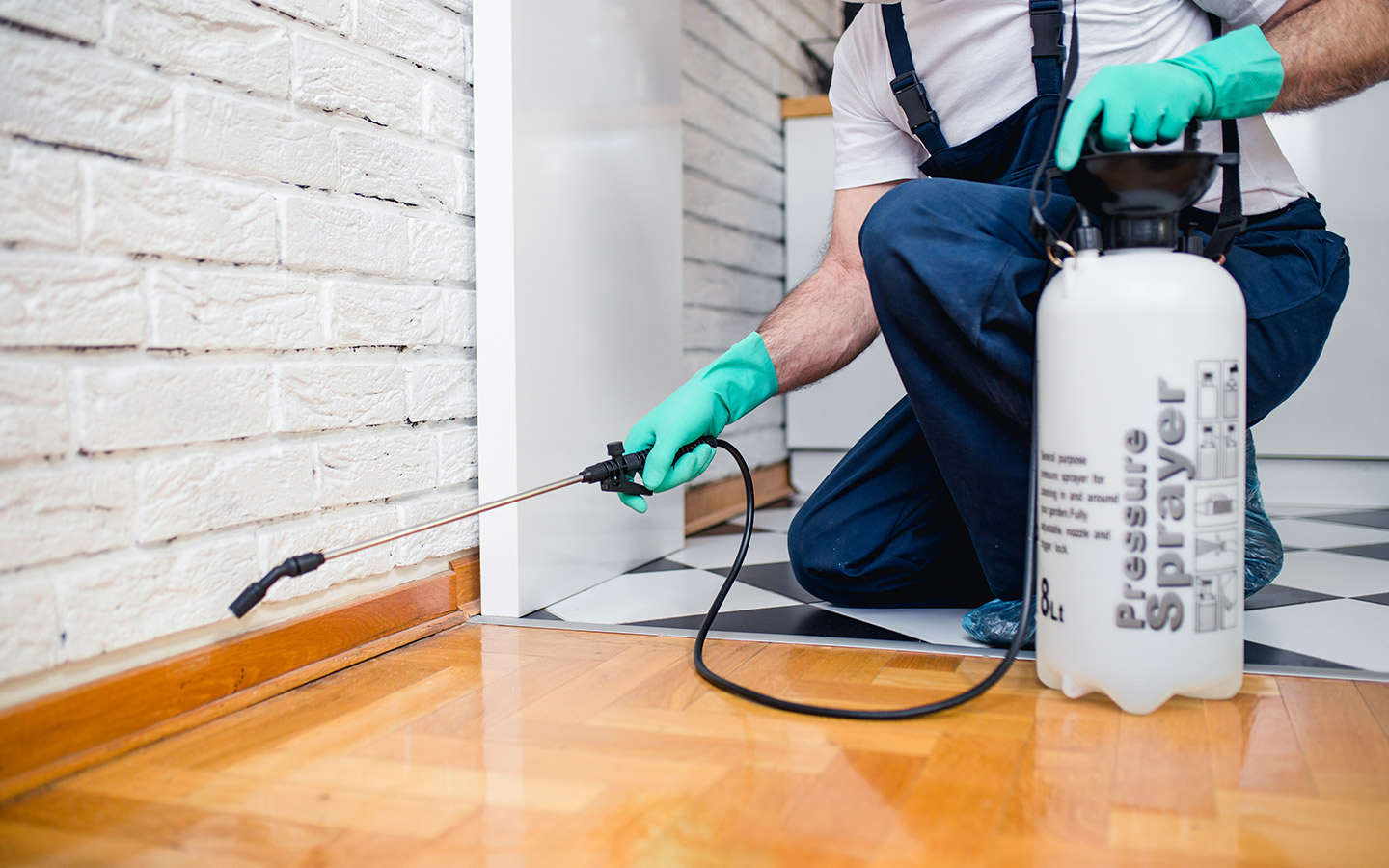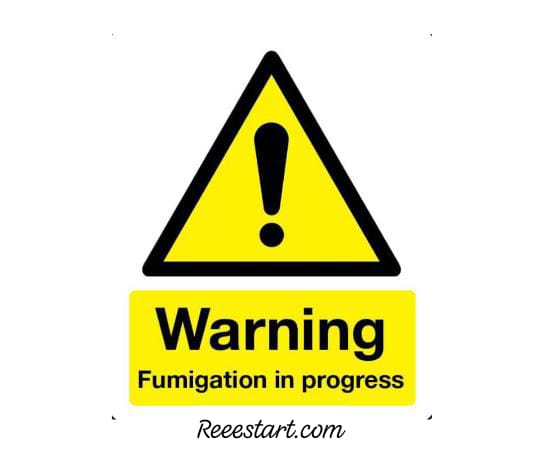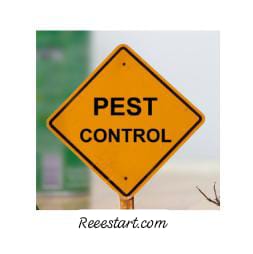Pest control Basics are known as pest management, involves the process of eliminating or controlling unwanted organisms like pests. These adverse organisms can range from rodents and cockroaches to termites, bed bugs, poisonous spiders, and many more.
Pest Control Basics
Before diving into control methods, it’s essential to understand the common pests you might encounter. Some of the most prevalent indoor pests include:
- Insects، Ants, cockroaches, bedbugs, fleas, termites, and spiders.
- Rodents، Mice and rats.
- Other، Squirrels, birds, and even bats.
Prevention
- Ensure there are no cracks or gaps in your home’s exterior through which pests can enter.
- Keep your home clean and clutter-free. Pests are attracted to food scraps and dirty areas.
- Regularly clean surfaces, vacuum floors, and wash dishes.
- Store garbage in airtight containers and dispose of it frequently.
Natural Pest Control Methods
- Diatomaceous Earth, This natural powder is deadly to insects but safe for humans and pets.
- Essential Oils, Certain essential oils, like peppermint and tea tree oil, can repel pests.
- Neem oil is a natural insecticide that can control a variety of pests.
- Use traps for rodents and insects.
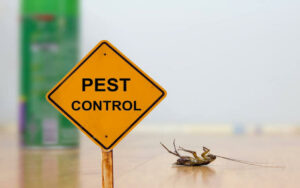
When to Call a Professional?
While DIY methods can be effective for minor infestations, it’s best to call a professional pest control service for severe infestations or if you’re dealing with dangerous pests like termites or bedbugs.
Additional Tips to follow
- Knowing the type of pest you’re dealing with will help you choose the most effective control method.
- If using chemical pesticides, always follow the instructions on the label.
- If you have pets, choose pest control methods that are safe for them.
By following these basic principles and taking preventative measures, you can significantly reduce the risk of pest infestations in your home.
The Anxiety Around Pests
For years, the mere mention of pests has triggered anxiety among many people, Why is that? Pests are not just annoying; they pose serious problems such as health risks and property damage. When pests infiltrate buildings or environments, they become a threat to both human health and structural integrity.
The Impact of Pests
Pests are destructive insects or animals that disrupt human activities by attacking crops, livestock, and homes. Depending on the species, they can bring about significant health issues. This is why effective pest control is crucial for maintaining a safe living and working environment.
Common Types of Pests and How to Control Them
There are various types of pests, and the methods to get rid of them depend on the species. Below is a list of pests commonly found in homes or commercial establishments:
Rodents
Rodents, including rats and mice, are mammals known for their constantly growing incisors:
- They usually prefer seeds, grains, and fruits but can also be carnivorous.
- Rodents can damage furniture, car engines, walls, pipes, crops, and electrical wires, potentially causing fires.
- Diseases transmitted by rodents include Hantavirus pulmonary syndrome, leptospirosis, plague, salmonellosis, and Lassa fever.
Cockroaches
Commonly found in homes and commercial establishments, cockroaches thrive in warm environments near food and water:
- Though they do not cause property damage, they can trigger asthma attacks, allergies, and spread approximately 33 types of bacteria.
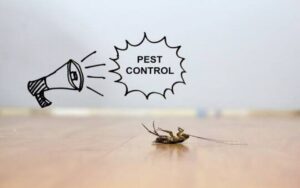
Bed Bugs
Part of the Cimicidae insect family, bed bugs are parasitic and can spread through sofas, bags, clothes, and hotels. They are known to cause allergic reactions and skin infections in humans.
Ants
Social insects, ants live in colonies. They are attracted to sweets but will consume almost anything, including meat, vegetables, oil, and fat.
- Ants can carry bacteria like salmonella, streptococcus, and shigella and can transfer them to food or open wounds.
Termites
Termites are small insects that can chew through floors, wood, and wallpaper, They can cause serious respiratory issues, asthma, and other skin diseases.
Ticks and Fleas
Common parasites that attack pets, such as cats and dogs, ticks and fleas are the second major vectors of human diseases. They can transmit illnesses like cat scratch fever and spotted fever through bites.
The Importance of Pest Control
Effective pest control is essential for protecting health and property. Whether it’s rodents chewing through wires, termites destroying wood structures, or ticks spreading diseases, managing these pests promptly is crucial. By understanding the various types of pests and their potential risks, you can take appropriate measures to protect your home or business environment.
By knowing what pest control entails and how to tackle different types of pests, you can maintain a healthier and safer living and working space.

